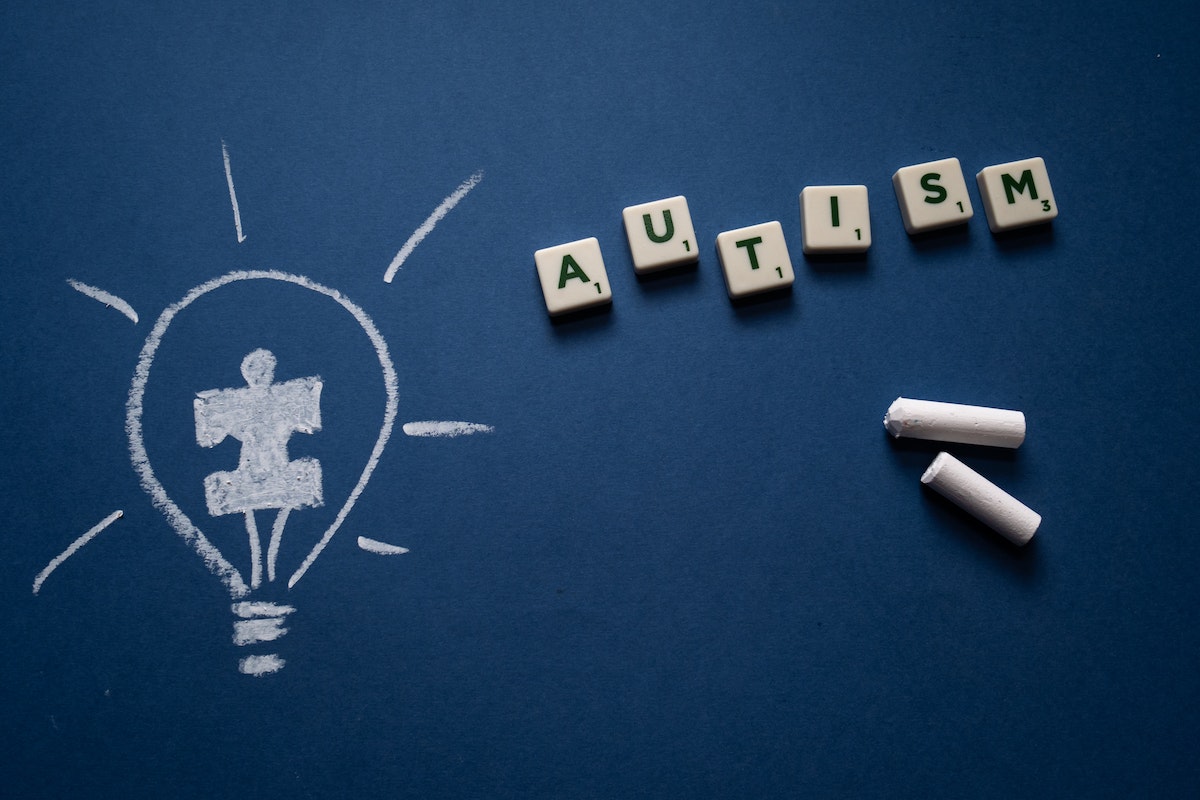- Children may have frequent outbursts due to anger management issues, autism, overstimulation, developmental changes, and milestones.
- Validate your child’s feelings, offer comfort and support, use positive reinforcement, and develop coping strategies to manage their emotions.
- Every child is different, so what works for some might not work for others.
- Be patient and supportive and seek help when necessary.
Your child may cry at the slightest provocation, throw tantrums, or refuse to listen to you when you try to reason with them. Understanding why your child gets upset can be frustrating, especially if you believe you’ve done everything possible.
However, it is essential to know that every kid has a unique personality, and thus, the reason for their frequent temper flare-ups. Here are some possible reasons your child is easily upset and tips to help you deal with them.
Anger Management Issues
Children who get upset easily may have anger management issues. They cannot control their emotions, especially when they feel frustrated, tired, or unable to express themselves. Anger management issues are relatively common in children, especially during their early years of learning how to get along with others.
You can help them overcome this by teaching them healthy ways to manage their emotions. For instance, make them feel heard by showing empathy when they complain, encourage them to take deep breaths, and count to ten when frustrated.

Autism
Autism can be a challenging condition that affects roughly one in 54 children in the United States. One of the key symptoms is that children with autism can become easily upset or overwhelmed, leading to outbursts or challenging behaviors. If you’re a parent or caregiver of a child with autism, it’s essential to consult with an autism child psychiatrist.
A professional with extensive training and experience in developmental disorders can help you develop strategies to cope with these behaviors. You can help your child feel more comfortable and supported daily with informative and authoritative guidance.
Overstimulation
Overstimulation occurs when a child is exposed to too many physical, intellectual, or emotional stimuli beyond their tolerance threshold. Kids may become irritable, fussy, or downright hostile when overstimulated.
If you notice your child frequently getting upset, consider evaluating their environment and see what changes you can make to help them feel comfortable. For example, reduce the screen time they get, reduce loud noises, or create a designated quiet space for whenever they’re feeling overwhelmed.
Developmental Changes and Milestones
As your child matures, they will experience and learn from different developmental changes and milestones. Children view and experience everything from a new perspective at every stage, and the adjustment can be challenging.
Children around 2-4 years old have a peak of emotional upheaval, and their temper and frustration can become overwhelming. It would be best if you tactfully handle your child’s developmental changes. Be patient and supportive without coddling or ignoring your child’s behavior.
How to Manage
Parenting can be challenging, especially when your child has a susceptible and easily upset temperament. It is common for children to get upset over small things, and as a parent, it can be challenging to know how to manage their behavior. However, understanding your child’s temperament and implementing specific strategies can make all the difference.
Validate Your Child’s Feelings
When your child gets upset, it is essential to validate their feelings. Acknowledge their frustration, disappointment, or sadness, and let them know it is okay to feel that way. This will help them feel heard and understood, and it can also help prevent tantrums and meltdowns.
Offer Comfort and Support
Sometimes, when upset, your child needs a hug, a reassuring word, or a listening ear. Offer your child comfort and support, and tell them you are there for them. This will help them feel secure and loved, and it can also help them learn how to regulate their emotions in the future.
Use Positive Reinforcement
Positive reinforcement is a powerful tool for managing your child’s behavior. When your child reacts calmly and positively to a situation, praise and reward them. This will motivate your child to repeat the behavior and help reinforce positive habits. This can also help your child feel more confident and control their emotions.

Develop Coping Strategies
Lastly, developing coping strategies that your child can use when upset can be helpful. For instance, you can teach your child deep breathing exercises or mindfulness techniques to help them calm down.
The Bottom Line
It can be challenging when your child is frequently getting upset, but understanding the underlying causes will help to deal with those temper flare-ups. The key is to be patient and supportive and always seek help when necessary. Remember that every child has a unique personality and that what works for one may not work for the other.
